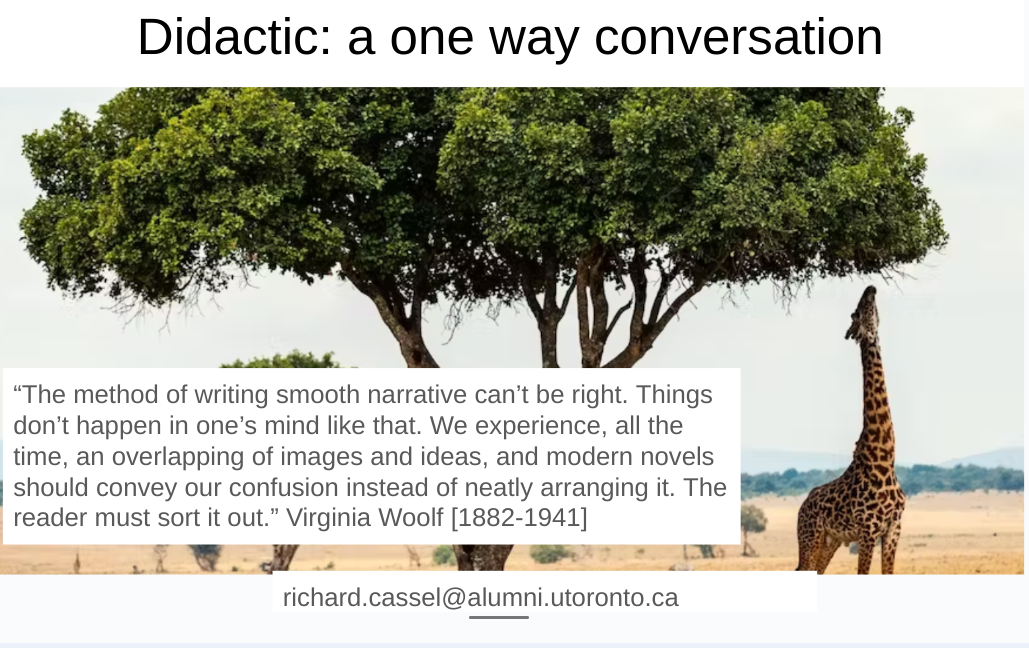
"The fact that a believer is happier than a skeptic is no more to the point than the fact that a drunken man is happier than a sober one."
- George Bernard Shaw [1856-1950] won the Nobel Prize in Literature in 1925
In the 1890s, Shaw renounced Atheism. He began identifying himself as a mystic. Some people believe Shaw was strongly influenced by Hinduism. Throughout the rest of his life, Shaw espoused a belief system that in 2004 Gary Sloan called "an idiosyncratic version of Henri Bergson's creative evolution." His self-described mystic beliefs focused on the evolution of humanity and other organisms, driven by a mysterious "life force."
In [Shaw's] "Shawianity", god was a work in progress, not a fait accompli. In a 1909 letter to Leo Tolstoy [1828-1910], Shaw explained: "To me God does not yet exist; but there is a creative force struggling to evolve an executive organ of godlike knowledge and power; that is, to achieve omnipotence and omniscience; and every man and woman born is a fresh attempt to achieve this object. We are here to help God, to do his work, to remedy his whole errors, to strive towards Godhead ourselves." In its odyssey to achieve fruition, the life force would create ever-higher forms of humanity--supermen, super-supermen, supermen to the third power: "When one instrument is worn out, I will make another, and another, and another, always more and more intelligent and effective."
Source here.
"You have learnt something. That always feels at first as though you had lost something."
- George Bernard Shaw character 'Andrew Undershaft', in Act III of "Major Barbara"
- George Bernard Shaw character 'Andrew Undershaft', in Act III of "Major Barbara"
